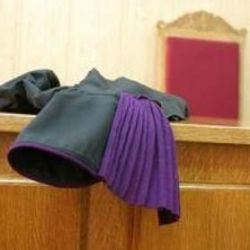The hearing was attended by representatives of the secret services (among others, the Internal Security Agency, Central Anti-corruption Bureau and Treasury Intelligence Service), professions of public trust (Poland’s Bar Association, the Polish Chamber of Physicians and Dentists) and other state bodies (such as the Office of Electronic Communications).
The applicants maintained their allegations concerning the laws they seek to declare unconstitutional. Furthermore, they argued that the existing regulations on the secret services lack measures of external control over these bodies. The representative of the Sejm, Deputy Witold Pahl, said that a resolution of the case would require balancing such values as public safety, principles of social justice and citizens’ rights and obligations.
According to a majority of representatives speaking on behalf of the secret services, a publication of the total number of applications for warrants allowing the use of covert investigative methods filed annually would not be a threat to the state’s security. At the same time, the law enforcement agencies said that a limitation of powers they already had may cause such a threat.
During the hearing, judges reviewed the statistical data on covert investigative methods obligatorily published by the Prosecutor General and the Minister of the Interior.
Already before the case went to hearing, the Constitutional Tribunal had sent a query about the practices of applying covert investigative methods to courts of appeal and selected circuit courts. A Vice-president of the Circuit Court in Warsaw said that her Court could not disclose relevant data because of the secrecy of judicial proceedings which involve issuing a warrant for the use of covert investigative methods. She also noted that answering the questions asked would be beyond her powers as a court’s president. The Tribunal obliged the president of the Circuit Court in Warsaw to answer the previously asked questions by 5 May 2014.





